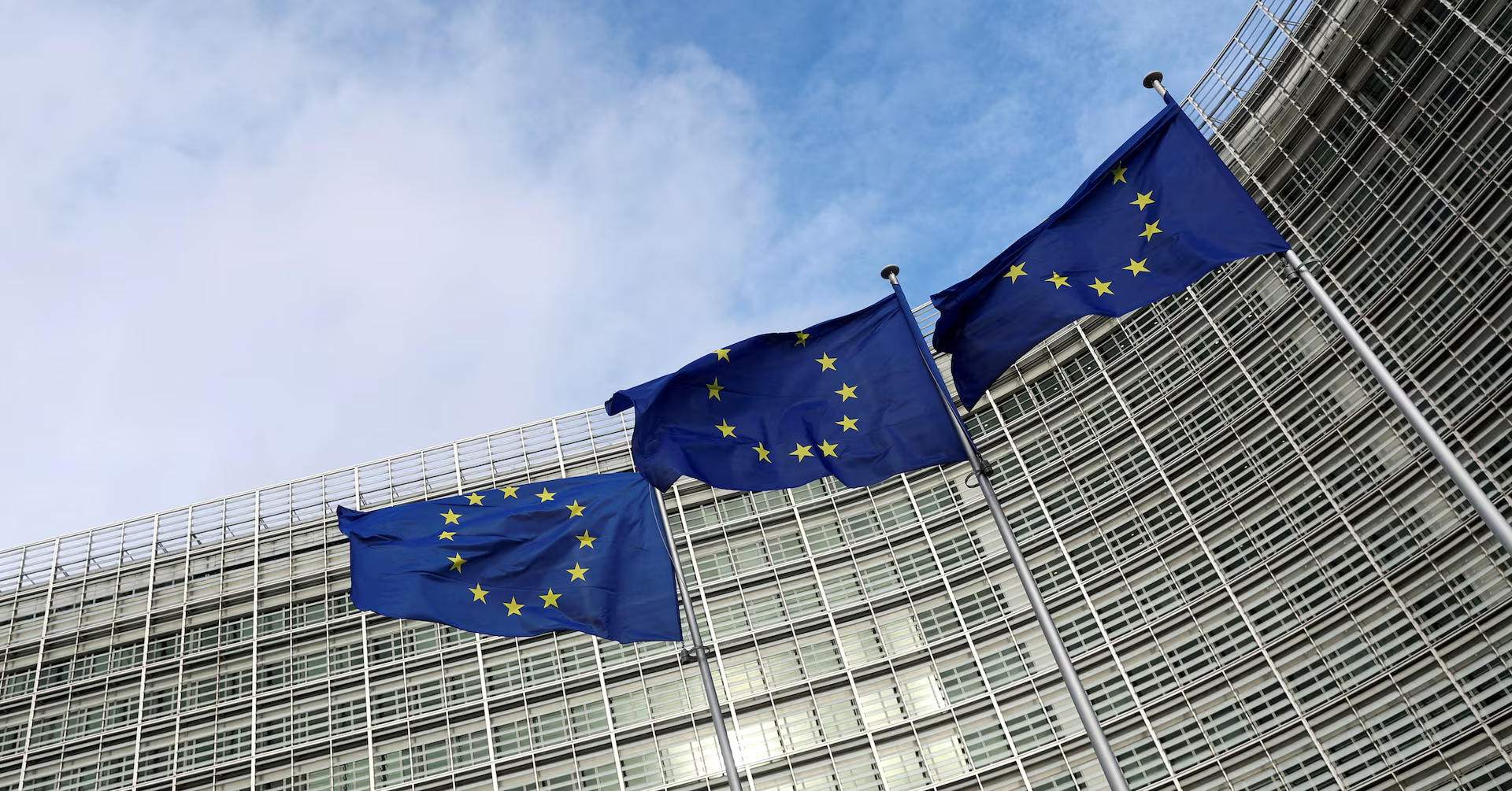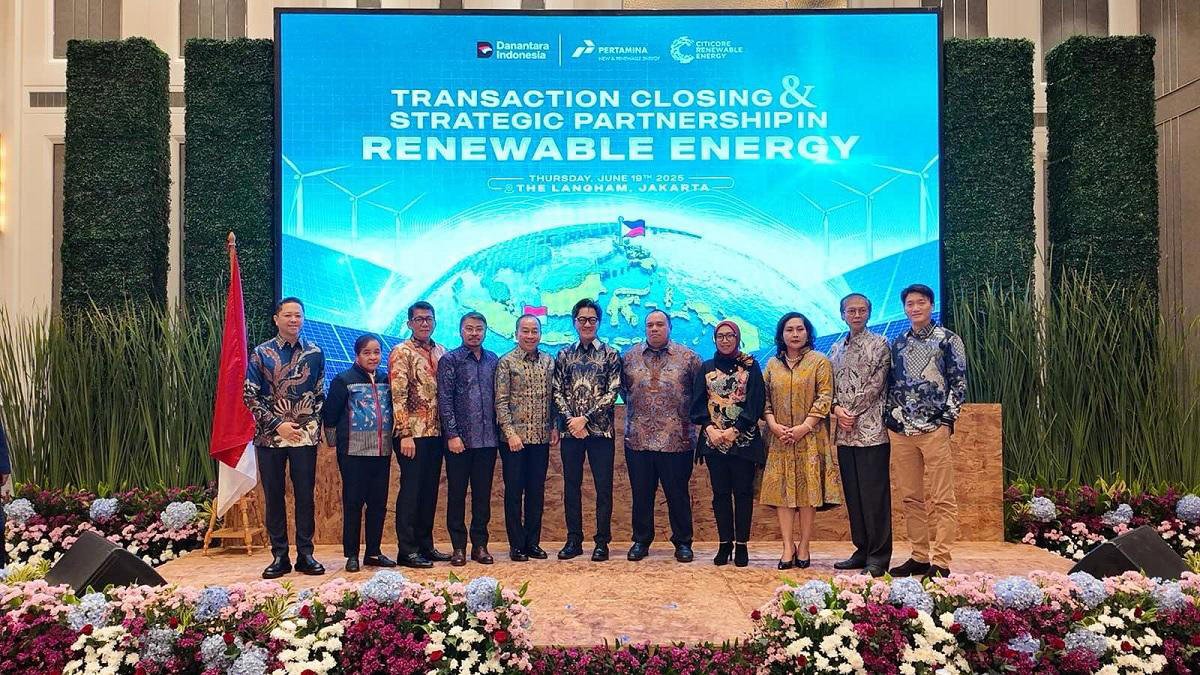On June 25, the European Commission announced new state aid regulations aimed at facilitating funding for businesses focused on reducing carbon emissions and transitioning to sustainable projects. These updated rules will remain in effect until December 2030 as part of the Commission’s Clean Industrial Deal, which seeks to enhance the competitiveness of European industries against U.S. and Chinese counterparts while encouraging them to maintain operations within Europe.
The revised state aid framework simplifies the process for businesses, making it easier for them to obtain financial support, including direct grants, tax benefits, subsidized loan rates, and guarantees on new loans. The maximum allowable state aid can reach up to €200 million (approximately $232 million) or be determined by the funding gap or competitive bidding processes.
Beneficiaries of this aid include projects dedicated to renewable energy production, low carbon fuel initiatives, and investment aid schemes. Additionally, heavy industry sectors such as chemicals and cement will have access to temporary relief on electricity prices, provided they commit to investing in decarbonization efforts.
Teresa Ribera, Vice-President of the Commission, emphasized that the new framework not only streamlines support for decarbonization but also positions the state as a strategic investor for future initiatives. The framework aims to bolster climate ambitions, enhance the resilience of European industry, and ensure global competitiveness.
However, industry associations like Eurometaux have expressed concerns regarding the adequacy of the new legislation, pointing out that it does not sufficiently simplify the existing regulatory landscape. James Watson, Director General of Eurometaux, highlighted the need for comprehensive support mechanisms to foster a robust and sustainable metals sector within Europe, despite acknowledging the investment support for critical raw materials.
By easing these state aid rules, the EU aims to accelerate the transition to a greener economy while ensuring that European industries remain at the forefront of global competitiveness. The focus on decarbonization and renewable projects is expected to reshape the industrial landscape in Europe, aligning with broader climate goals.




